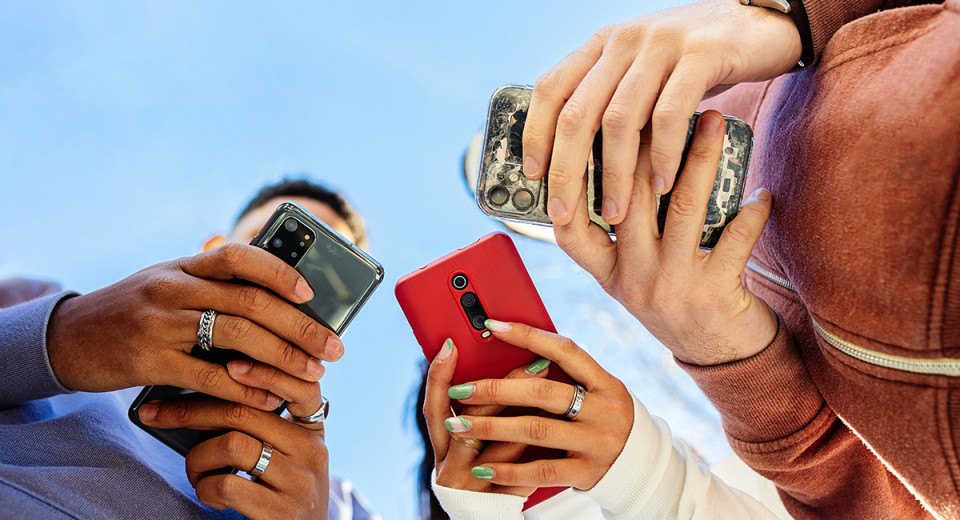How to Manage Your Teen’s Social Media and Phone Use, According to Experts
Ding, ding, ding: Teens receive 240 app notifications per day—a quarter of them during school. While there’s no universal screen-time limit, parents can implement some realistic guidelines.

Photo by Xavier Lorenzo via Getty Images
For our Top Schools 2024 special report about kids and cell phones, we’ve asked two experts for tips on managing your teen’s screen time.
1. Understand that there’s no perfect age for social media.
In 2024, there’s no broad consensus among experts on when to introduce your kid to the digital realm. A mature 13-year-old might have the self-regulation skills to handle it; an impulsive 16-year-old might have trouble shutting down. But consider the times: Kids use social media to keep up with homework, connect with friends, and learn about current events. “Painting social media as the monster [is] a misdirection of energy and thought. What we’ve got to think about is: How do we use these powerful tools to make us better humans and put them away when that’s not the job?” Boston Children’s doctor of adolescent medicine Michael Rich says.
2. Measure non-screen time instead of screen time.
Just as important as setting smartphone limits is how parents put those limits in place. Rich recommends mandating how much time your kid spends away from the screen. “Back in the days of television, you could say, ‘One to two hours of quality educational screen time a day.’ Now we move seamlessly in and out of the digital and the physical space. What we recommend is dedicated nonscreen time: That’s something you can measure and consciously do,” he says.
3. Start small.
Instead of eliminating social media entirely or using bans as punishment, first pinpoint concerning scenarios, such as your child going right to their phone in the car without pausing to chat about their day. “That’s a highly specific problem to solve, and you’re going to get a lot more traction trying to solve that piece first,” explains Mass General adolescent psychologist Stuart Ablon.
4. Be available for support.
Just as you’d want your child to tell you about bullying on the soccer field, the same goes for smartphones. Does your kid understand the threshold for enlisting your help, whether that’s witnessing bullying on a group text, getting a creepy DM, seeing something that looks like fake news, or stumbling onto explicit content? “If parents can’t talk to their children about pornography, they shouldn’t give them a smartphone,” Rich says. “We have to talk to them explicitly about it. This is an open and ongoing dialogue.”
First published in the print edition of the September 2024 issue as part of our Top Schools 2024 package.

SEPTEMBER 2024
Are Smartphones Failing Boston’s Kids?
- The Sobering Truth About Kids and Smartphones
- How Schools Are Regulating Smartphones—Or Not
- Studies Show…
- Do You Give a Seventh Grader a Smartphone? (Coming soon)
- The Case For
- The Case Against
- Ask the Experts
- Also

